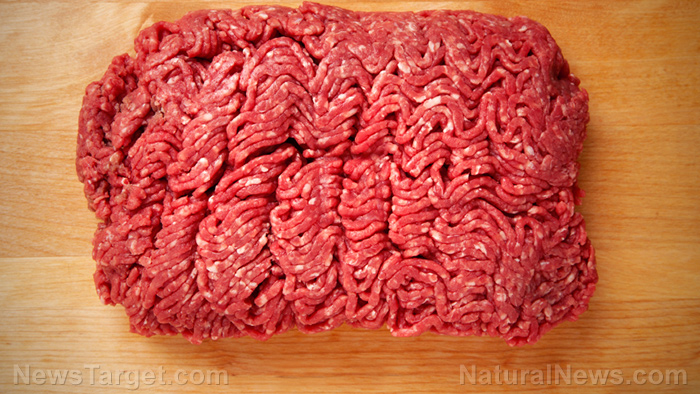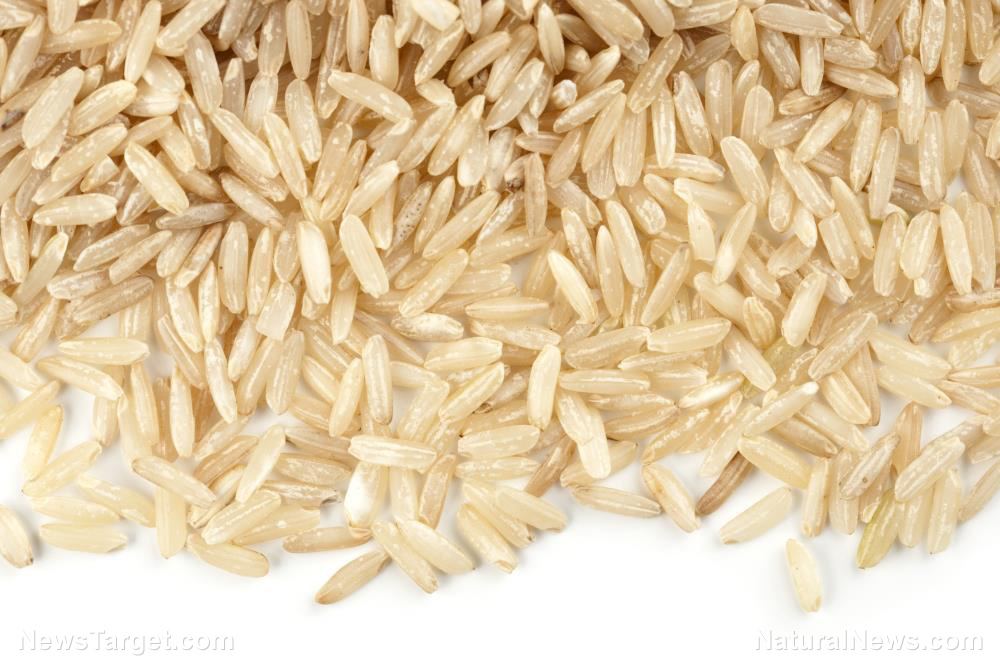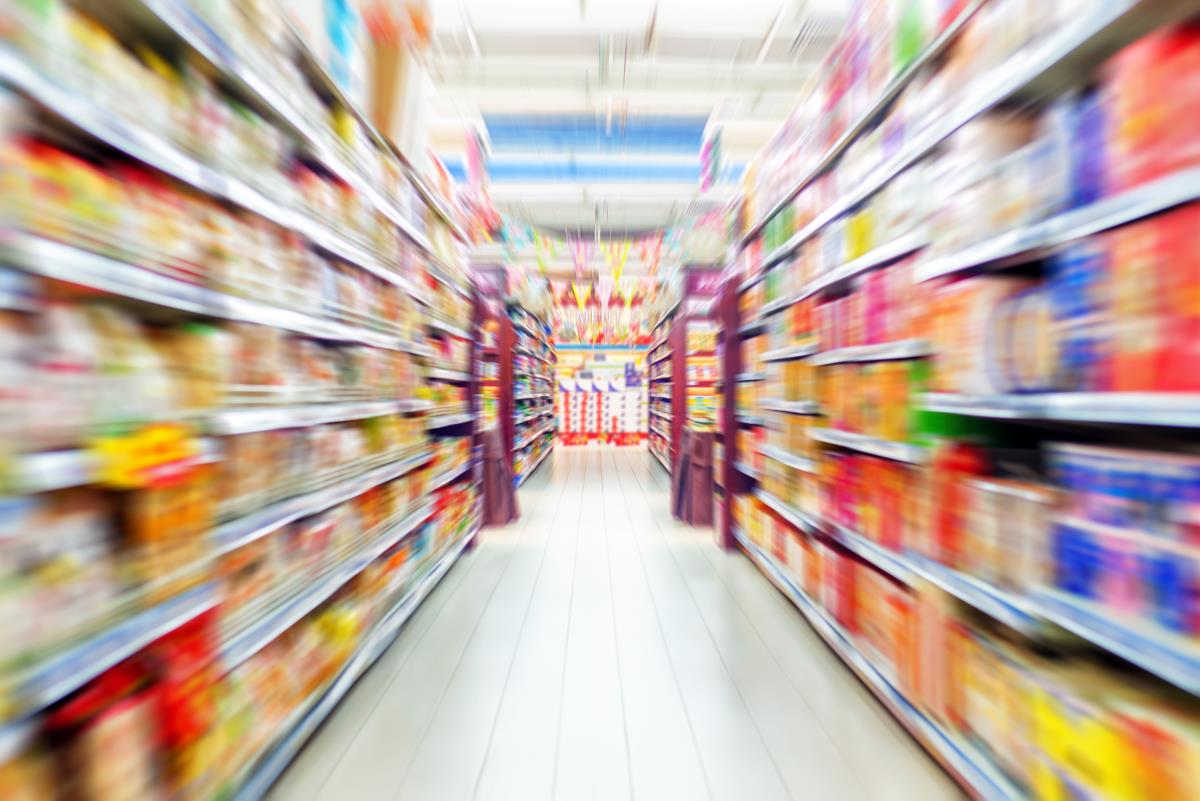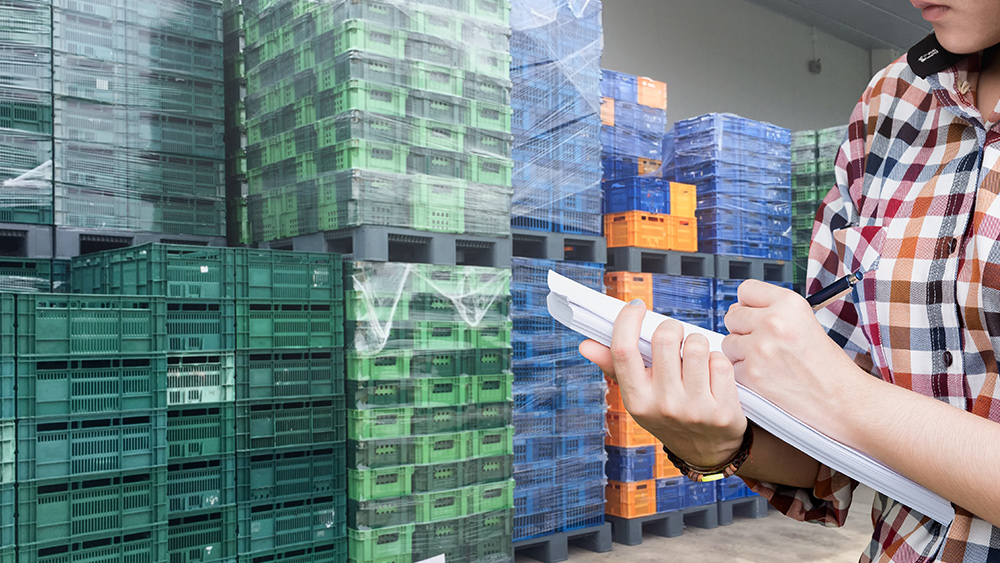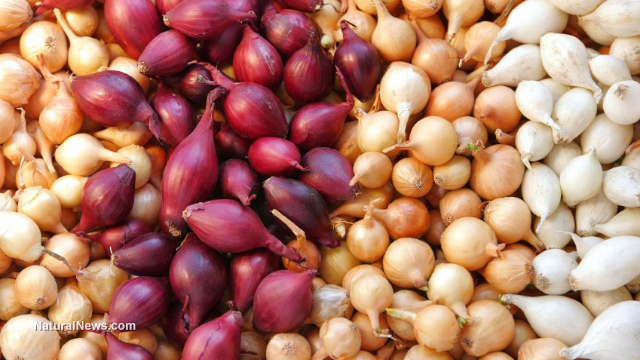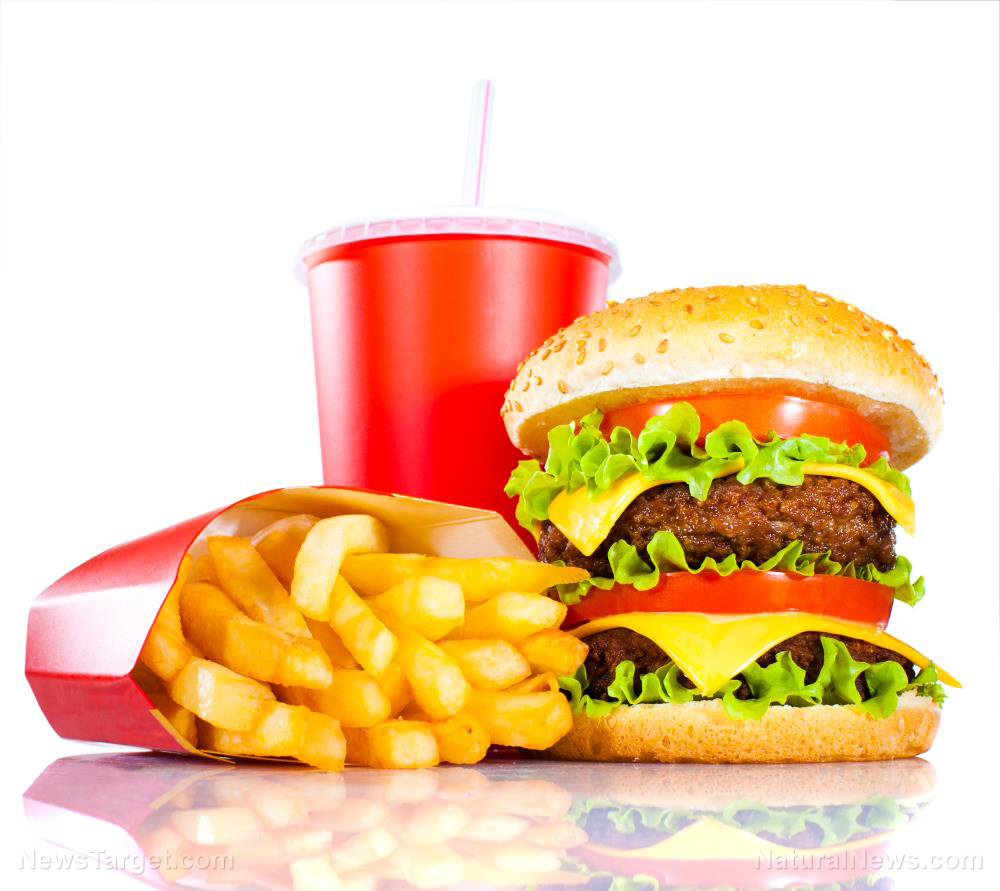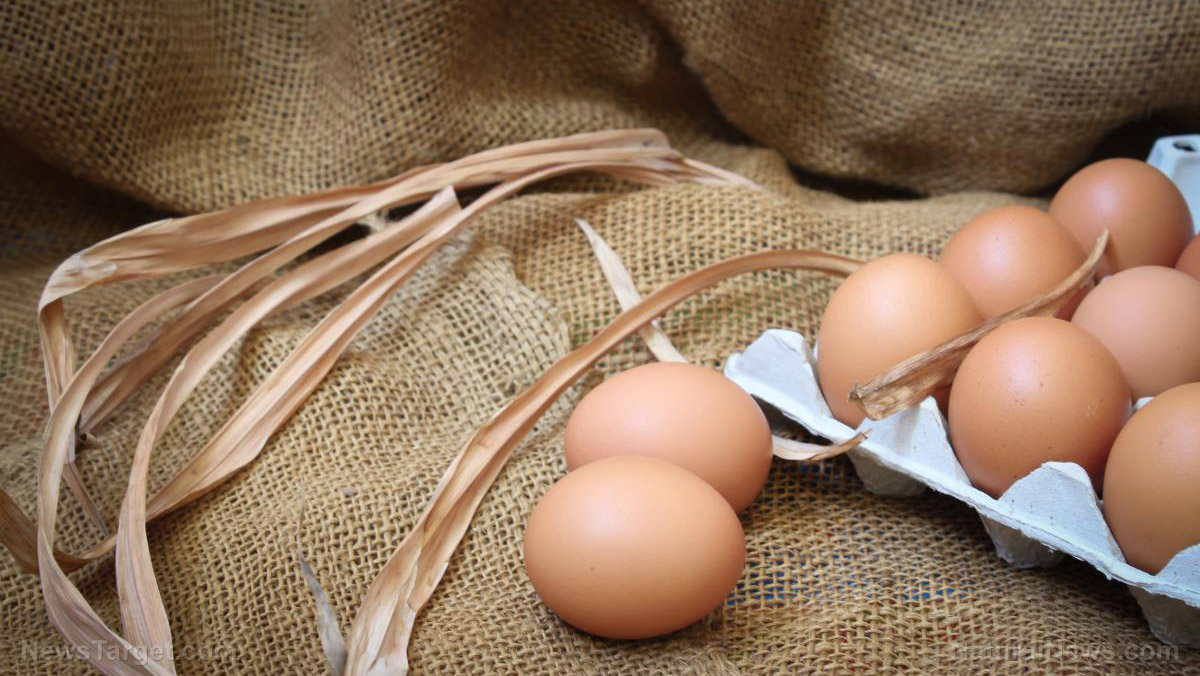French retail giant boycotts PepsiCo snacks and drinks in Europe “due to unacceptable price increases”
01/12/2024 / By Belle Carter

France’s largest supermarket chain Carrefour started boycotting food and drinks of PepsiCo on Jan. 4 in France, Belgium, Spain and Italy in a move to encourage the American multinational food, snack and beverage corporation to bring down its prices.
The retail giant has removed PepsiCo items from supermarkets in France and placed banners in aisles for PepsiCo products such as Lay’s and Doritos crisps, 7Up drinks and Lipton tea, saying: “We are no longer selling this brand due to unacceptable price increases,” a Carrefour spokesperson told the news agency Reuters. Also, manufacturers are reducing pack sizes without necessarily making a corresponding drop in price.
The ban also will extend to the said four nations but Carrefour, which has 12,225 stores in more than 30 countries, didn’t say when it would take effect in those countries. The products were still on shelves Friday in Rome and Barcelona. Carrefour Italia’s press office said information will be posted for customers in their stores in Italy in the next few days.
PepsiCo claimed in a statement that it has “been in discussion with Carrefour for many months and will continue to engage in good faith to try to ensure that our products are available.” The food company has raised prices by double-digit percentages for seven straight quarters, most recently hiking by 11 percent in the July-to-September period. According to the firm, the costs of grain and cooking oil are responsible for its rising prices. Costs for those food commodities surged following Russia’s invasion of Ukraine but fell considerably on global markets last year from record highs in 2022, it also added. (Related: GREEDFLATION: McDonald’s, PepsiCo raising prices beyond inflation to generate bigger profits.)
Back in September, the global supermarket chain launched a campaign, where it has affixed “shrinkflation” signs onto store shelves to point the finger at brands they say are reducing the size of packets but not prices. PepsiCo was among the brands targeted, along with Nestle, Unilever and Lindt & Sprungli. In French, the sign reads (translated to English): “This product has seen its weight decrease and the practical price from our supplier increases. We undertake to renegotiate this price.”
The New York-based food and beverages manufacturer has been “singled out” this time around. However, as Just Food reported, it is unclear whether PepsiCo has been trying to force through further price increases for products sold in France.
Meanwhile, the country’s latest inflation figures, which, while preliminary numbers for December, showed food prices continue to rise at a faster pace than those in the wider economy. France’s national statistics body Insee indicated that food prices likely rose at an annualized rate of 7.1 percent last month. It eased slightly from 7.7 percent in November as compared to 12.1 percent in December 2022. Food inflation remained almost twice the government’s headline measure rate. The statistics agency further noted that the French consumer price index increased 3.7 percent in the 12 months through December, which went up from 3.5 percent in November. Back in December 2022, the annualized rate stood at 5.9 percent while the month-on-month overall inflation rebounded to a positive 0.1 percent from a 0.2 percent decline in November.
Back in August 2023, Finance Minister Bruno Le Maire held talks with retailers and food producers to press for a reduction in consumer goods prices. Thierry Cotillard, the boss of the Les Mousquetaires supermarket chain, also warned that people were cutting back on food purchases and shop prices were unlikely to fall until around March 2024.
Carrefour’s CEO Alexandre Bompard said back then that consumers were curtailing purchases because of the impact of inflation on their spending power.
U.S. supermarkets to follow suit
Meanwhile, several United States grocery sellers including Walmart have expressed displeasure at consumer product companies’ moves to keep pushing up prices, especially now that President Joe Biden’s administration boasts that overall inflation has come down. Particular problem areas had been packaged foods and household goods. Walmart’s CEO Doug McMillon said in May that they will “all need those prices to come down.”
Stew Leonard Jr., president and CEO of Stew Leonard’s, a supermarket chain with stores in Connecticut, New York and New Jersey, said in July that he warned the big consumer product companies that he wouldn’t accept any more price increases because he believed customers had reached a tipping point. He noted on Friday that price increases have eased for many items, except for meat. “It’s hard to justify price increase when overall costs are coming down,” Leonard said.
Head over to Grocery.news to read more stories related to ever-rising supermarket food prices.
Sources for this article include:
Submit a correction >>
Tagged Under:
big government, boycott, bubble, Collapse, consumer sentiment, deception, Doritos, economic collapse, economic riot, food supply, France, greedflation, grocery, Inflation, lies, market crash, money supply, PepsiCo, resist, risk, spending power, supermarket
This article may contain statements that reflect the opinion of the author
RECENT NEWS & ARTICLES
COPYRIGHT © 2017 GROCERY NEWS


